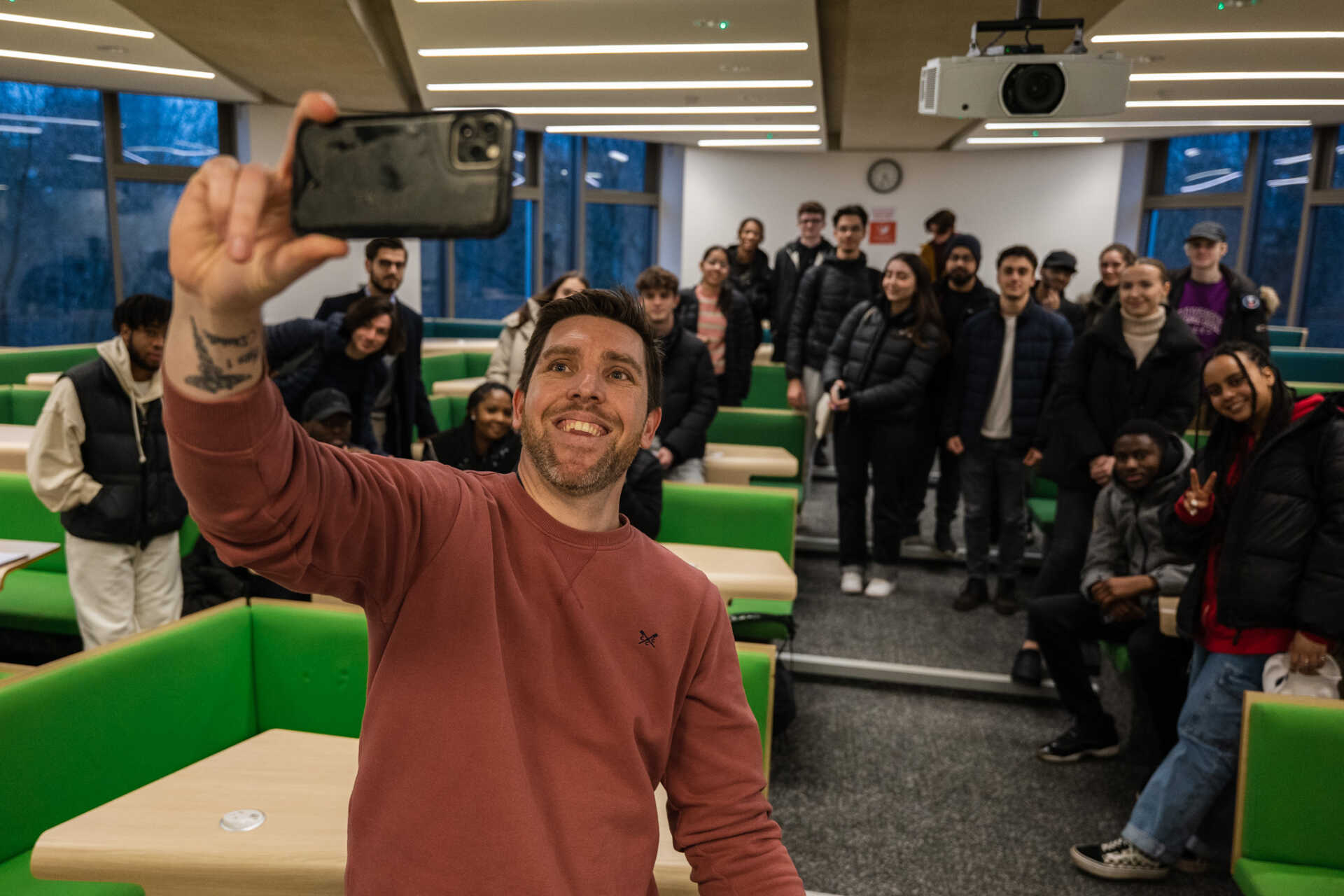
A decade of study is a huge commitment, but if you knew it would mean big things for you and open doors to a rewarding career, you’d go for it, wouldn’t you? That’s what Jack Meaning did and he chose Kent for the journey: ‘The type of job I wanted to do required a further qualification than my undergrad, so I decided to stay on for a Master’s. I enjoyed the subject so much that I continued studying for a PhD as well.’
Knowing what it takes to embark on a PhD and with plenty of experience under his belt, Jack’s advice to future students is to be flexible: ‘Make sure you choose a research topic that you’re really interested in but be prepared for it all to change and evolve. Roll with it – you will learn as you go along. But definitely make the most of the expertise of other people in the department too; they are happy to give up their time to offer you advice.’
“See your PhD as part of your career, not
something that comes before it. [Mine]
gave me time to build a network of people
and see the jobs they did, so I could enter
the job market and hit the ground running.”

Jack also told us how pivotal his doctoral has been to his career success: ‘There are some jobs that are very difficult to get without a PhD and mine is one of them. My PhD allowed me to gain a deep level of technical understanding and expertise which set me apart.’
But Jack’s PhD hasn’t just set him apart in the financial sector, he’s now using his expertise to educate. For the first time in the Bank of England’s more than 300-year history, Jack and his co-author Rupal Patel have been trusted to put their knowledge on the page with the aim of changing the Bank’s intimidating image for the next generation of economists.